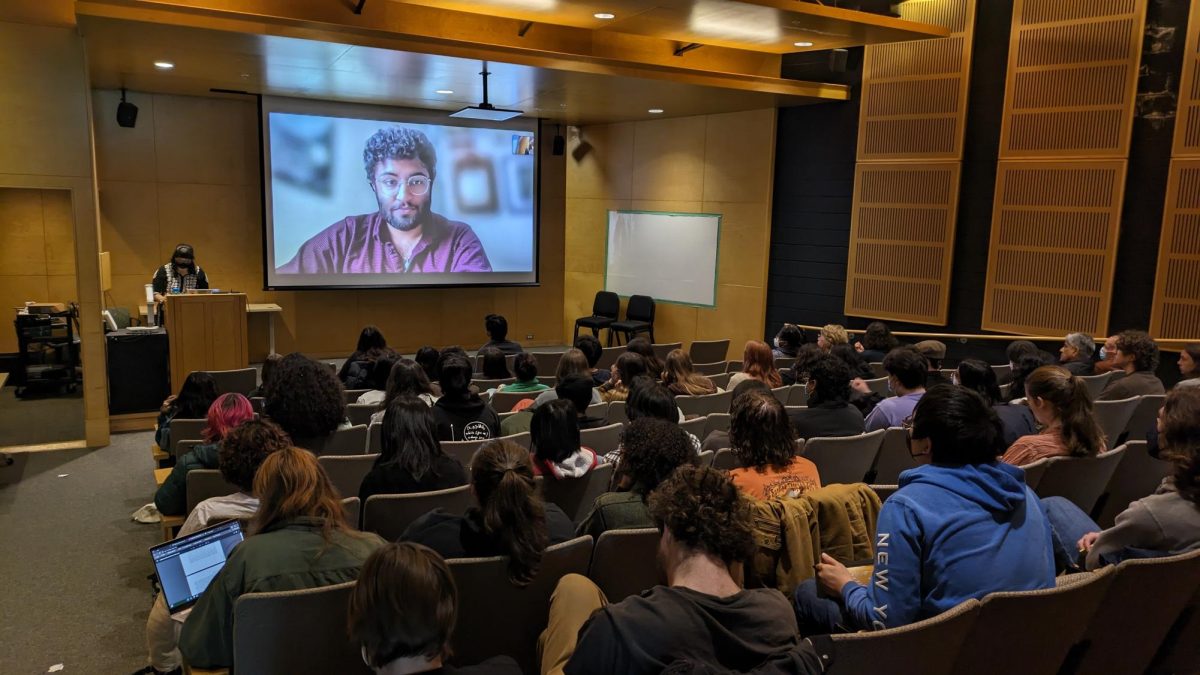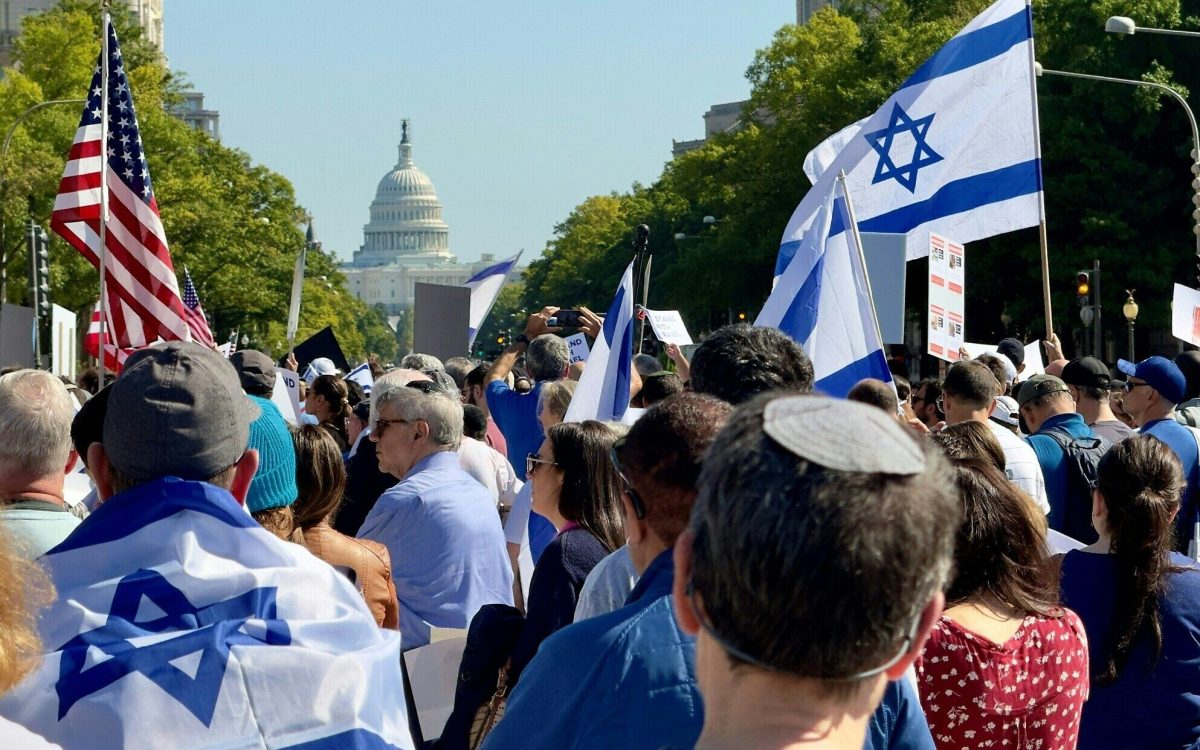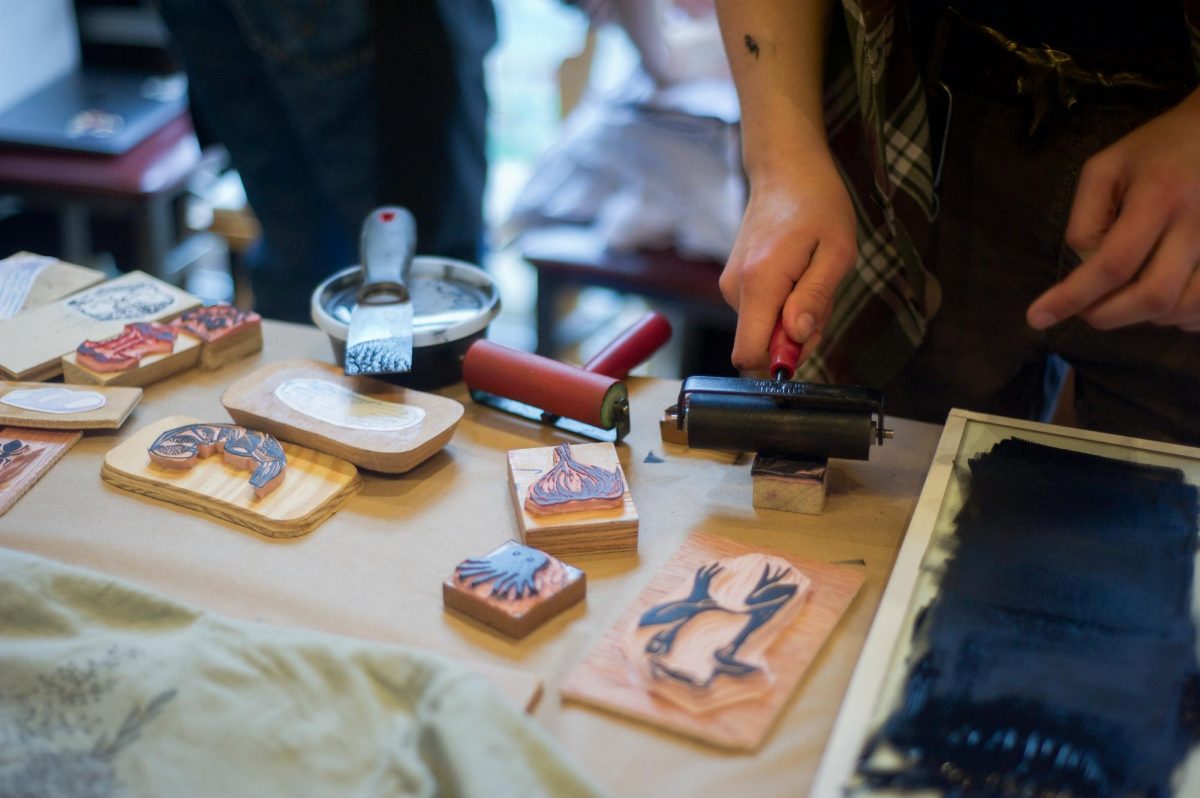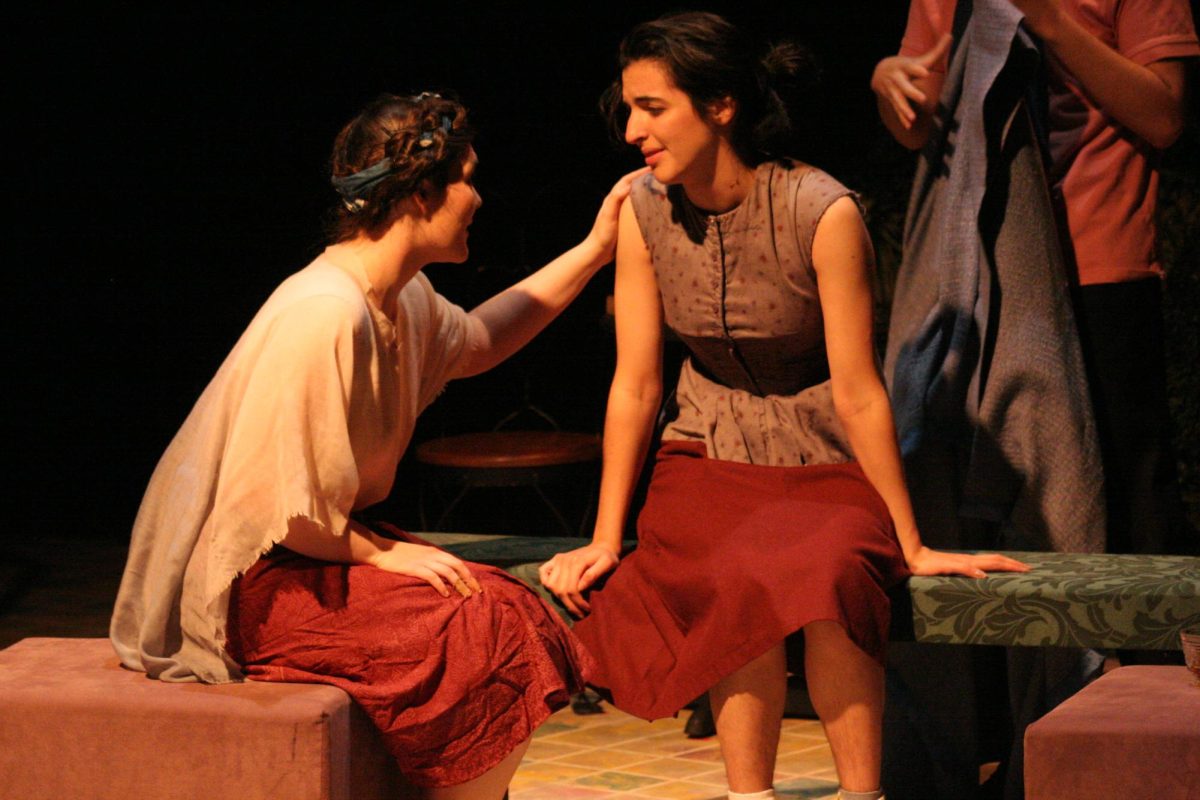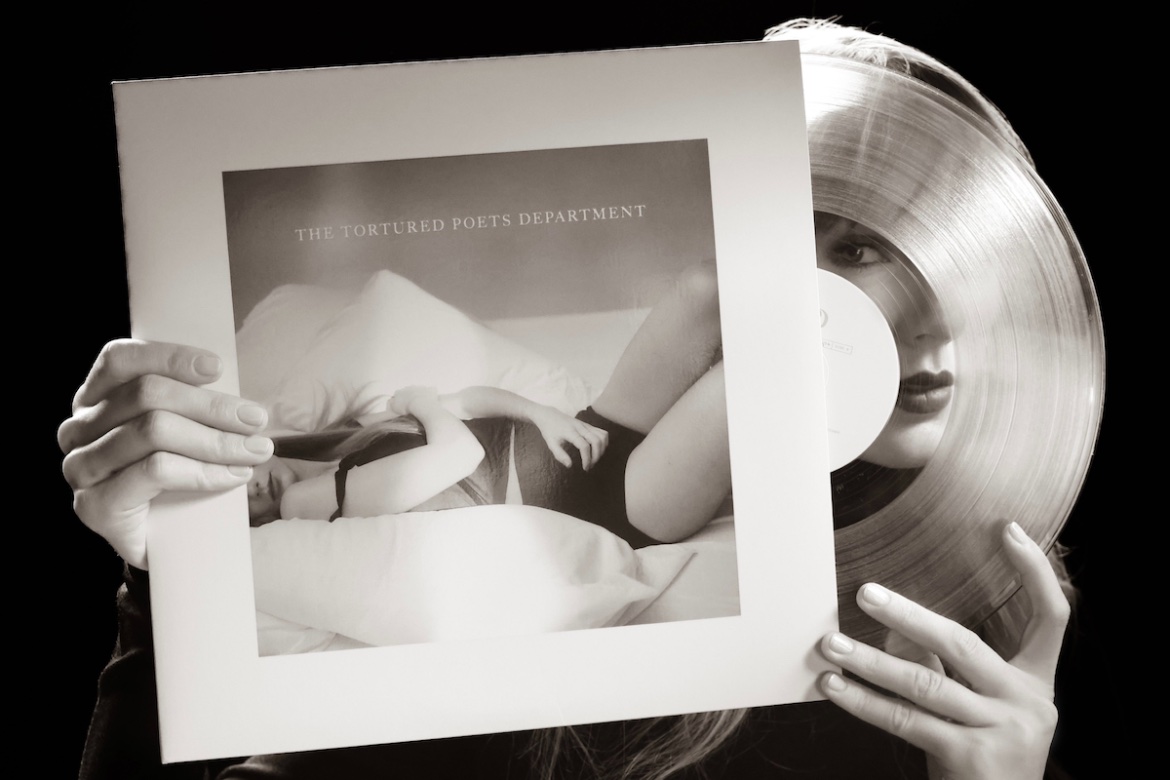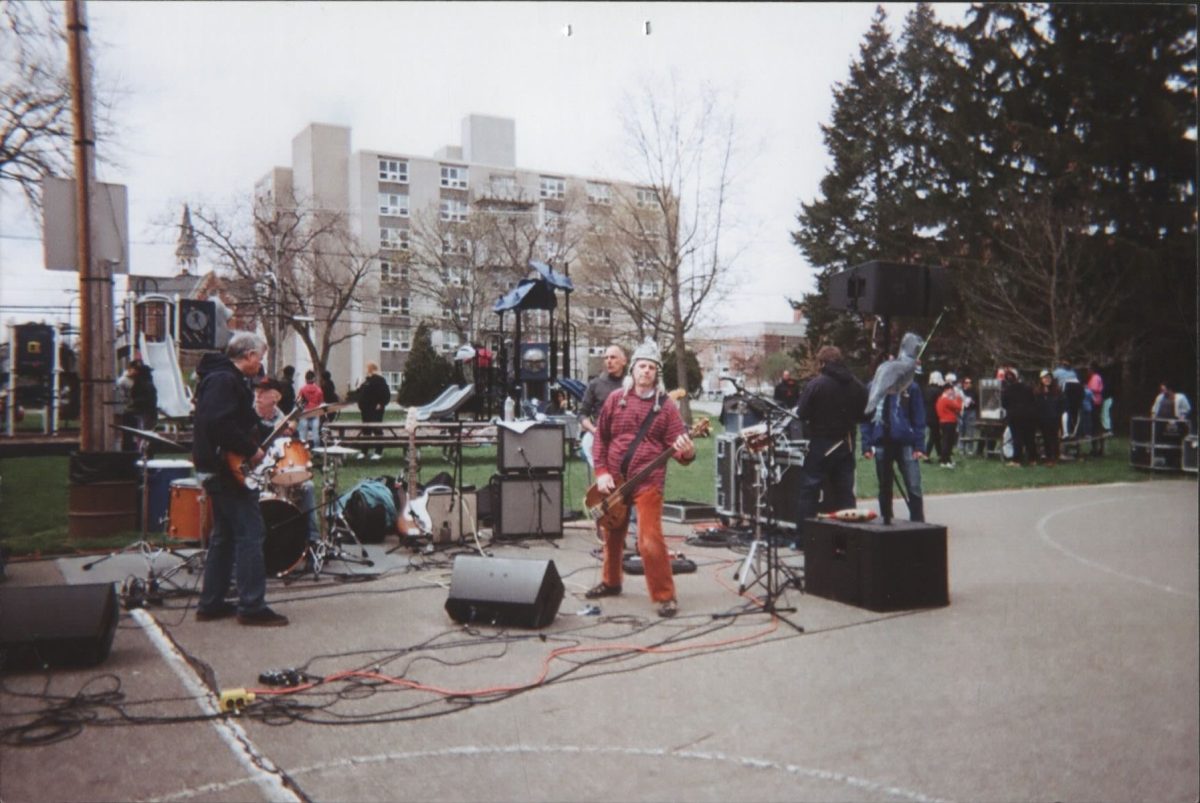Students Lament Senate Election Procedures
October 4, 2013
The Student Senate election polls closed last Friday at noon, a mere three and a half days after they opened for this fall’s senator election, drawing attention to the representative body’s voting rules and regulations.
According to the Oberlin College Student Senate By-Laws, updated May 6, 2013, bylaw I.B.iii.c states, “A general election shall last five days or until the election reaches quorum.” As printed in the document, 20 percent of the student body constitutes a quorum, which was incorporated due to Oberlin student’s propensity to ignore the polls.
However, when the list of newly elected senators arrived in student emails on September 30, the short-lived poll — which comprised 22.5 percent of the student body’s vote — still appalled many who did not find the election fair, despite reaching the required quorum.
“It’s been like this as long as everyone remembers,” said College sophmore Economics and Politics major and newly elected Senate Liaison Machmud Makhmudov, referring to the bylaw.
Assistant Senate Liaison Sara Vaadia, a College junior and Politics and English major, says the “or” in bylaw I.B.iii.c combined with Student Senate’s lack of institutional memory about the original interpretation of the bylaw, legally allows Senate members running the election to decide when the polls close.
“None of the senators returning this semester had planned the election before,” said Vaadia, who argues that graduation turnover poses the biggest hindrance in solidifying an official bylaw use.
However, Vaadia possesses records of last semester’s process.In the spring, senators shut down the polls once they reached both requirements, allowing 28.5 percent of students to vote over five days.
This year, the senators had a time-sensitive goal. According to Vaadia, the Senate agreed that closing elections on Friday offered the best outcome, though it was not put to a vote Newly elected senators were then able to receive training on Saturday, ensuring their productive participation in the plenary meeting on Sunday.
“Once we reached a little over 20 percent on Friday, we just shut it down,” said Makhmudov, who, with fellow senator Peter Arden, oversaw this year’s election’s timeline and software.
Although the senators described their intention as wanting to conclude the new senator training process by last Sunday, several frustrated students contacted Student Senate to voice their concerns.
“People who went to vote and couldn’t were upset with that,” said Vaadia. “We then realized [this bylaw] shouldn’t be so ambiguous because we could run into another problem.”
Although the email alerting students that polls had opened was sent to the student body Sept. 24, Vaadia noted that because voters have no way of knowing when quorum is reached, they do not know how long they have to vote.
Reacting to student responses, senators — many of whom say they too find the rule disturbing — will discuss the bylaw on Sunday, Oct. 6. Both Makhmudov and Vaadia plan to propose an edit allowing elections to run for five days. However, if 20 percent of students have not voted by then, the tally will continue until quorum is reached.
“If we cut at 20 percent, it sets a quota on how many people can vote,” said Makhmudov, “but if we change the emphasis to time, not number of votes, then it allows more people to vote.”
In addition to changing the bylaw and that ambiguous “or” into a concretized rule for future elections, Makhmudov will propose to raise quorum to 25 percent, arguing that a raised quorum ensures fairer campus-wide representation.
“Where the bylaws are unclear, we realize and try to change,” said Vaadia, who added that senators hold regular office hours for students seeking to discuss senate processes.





